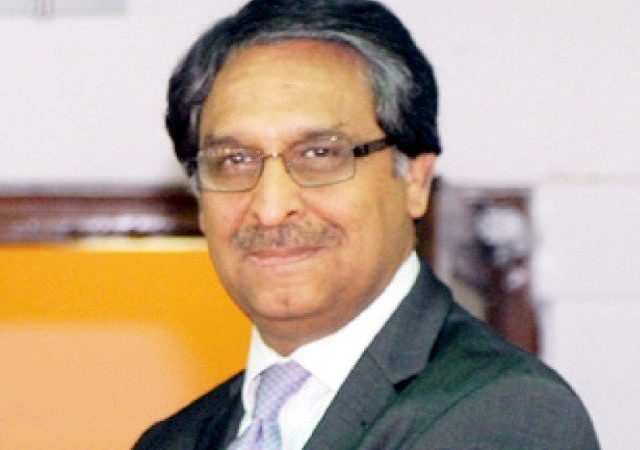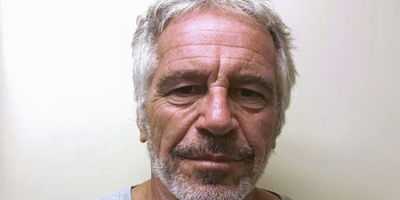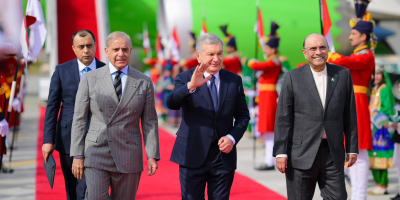Indian design to scuttle efforts for dialogue undermining regional peace: Jalil Abbas

Pakistan’s Ambassador to the United States Jalil Abbas Jilani has called on the US and the international community to help resolve the Kashmir dispute and not allow New Delhi to divert world’s attention from the atrocities being committed against civilians in India-held Kashmir.
Delivering a keynote address at the World Affairs Council, a Washington-based think-tank Thursday night, Jalil Abbas regretted that India was undermining all diplomatic efforts for a dialogue, including its refusal to engage at the South Asian Association for Regional Cooperation (Saarc) forum.
“The peace and stability in South Asia will not be possible without resolving underlying disputes, particularly the Jammu and Kashmir being the core dispute; measures for nuclear and missile restraint; and balance with regard to conventional arms,” Ambassador Jalil Abbas said.
“Pakistan’s proposal for a strategic restraint regime, based on these three inter-locking elements, remains on the table,” he said.
Pakistan, he added, has positioned itself as a mainstream partner in the international non-proliferation regime as well as the global efforts to strengthen nuclear security and safety.
On the issue of Kashmir, Ambassador Jilani said Kashmir, as a nuclear flashpoint, must not be underestimated.
“The international community and the US in particular need to play a role in seeking a peaceful settlement of Kashmir dispute between India and Pakistan, in accordance with the relevant UN Security Council resolutions,” he said.
“The recent indigenous uprising in Kashmir bears testimony to the aspiration of Kashmiri people in seeking what the international community had promised but not delivered,” he added.
Jalil Abbas emphasised that India must not be allowed to deflect international attention from human rights violations and atrocities in India-held Kashmir, under the pretext of political expediency.
On Pakistan-US relations, the Ambassador shared perspective on trends and prospects in the longstanding relationship and its continuing significance to the foreign policy of Pakistan.
He said “Pakistan enjoys a long-standing strategic partnership with the United States and, though the history of our relationship has seen its ups and downs, it has certainly survived multiple tests of times”.
Referring to the existing strategic partnership, the ambassador said that “we continuously endeavor to build on convergences and wherever there is divergence we try to minimize and remove such divergence. Most importantly, it is the common fight against the menace of terrorism that forms the centerpiece of Pak- US cooperation”.
Highlighting Pakistan’s role as a frontline state in the global war against terrorism, the Jilani said that tens of thousands of Pakistani citizens and thousands of security personnel had been killed or injured in terrorist attacks.
“Pakistan had also suffered a loss of over $100 billion,” he said, adding that Pakistan’s commitment to fight terrorism was second to none.
On the situation in Afghanistan, he said peace and stability in the war-torn country remained a common objective of Pakistan and the US.
After 15 years of the current war in Afghanistan, Pakistan was convinced beyond a shadow of doubt that the only road to lasting peace in Afghanistan is through a dialogue between the government in Kabul and the Afghan Taliban, he added.
“Pakistan has long proposed this as the most viable course to end decades of conflict and suffering in Afghanistan,” he said, adding that based on this belief in a negotiated peace, and in response to requests from President Ashraf Ghani, Pakistan had been facilitating the process of reconciliation in Afghanistan.
“We believe that peace in Afghanistan can be secured and assured only when the Afghan parties themselves conclude that there is no military solution to the Afghan war,” he said.
The ambassador said that the host of issues with peace in Afghanistan could not simply be attributed to Pakistan and that it was the collective responsibility of the international community, including the US, in this prolonged conflict.
“The problems are deep seated and not of Pakistan’s making. Apportioning blame in a simplistic fashion would not be helpful towards seeking durable solution to the increasingly complex situation in Afghanistan,” he said, adding that all stakeholders must all draw the right lessons from “mistakes jointly committed in the past”.
Related News

US lawmakers accuse Bondi of hiding names of Epstein associates
NEW YORK, FEB 12 /DNA/: A Republican US lawmaker on Wednesday accused Attorney General PamRead More

Uzbek President Mirziyoyev in Islamabad for a two-day state visit
Asnar M Bhatti ISLAMABAD, President of the Republic of Uzbekistan Shavkat Mirziyoyev on Thursday arrivedRead More


Comments are Closed